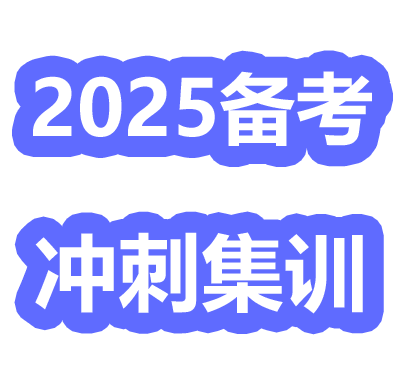
計劃說明
考研人數逐年增加,競爭之激烈使得我們不得不加急復習的日程。眾所周知,閱讀理解占據了考研英語二100分試卷的一半分值,而考研英語閱讀文章大多來自英美國家的主流報刊雜志,所以如果能在日常就多多閱讀這些文章,對以后讀懂文章做對題目來說會大有裨益。但是對大多數備考的同學來說,剛開始投入復習,就去讀考試文章難度的新聞報刊,也是不現實、并且不符合循序漸進的學習規律的,所以我們會在每次推送中,給大家給出兩篇短文,一篇是初階水平(大致在初高中水平);一篇是高階水平(四六級到考研水平);同學們可以根據自己當前的情況,選擇其中一篇進行學習。
學習步驟如下:
1.不看漢語譯文自己看一遍短文做理解
2.看漢語譯文比對自己理解的意思與之出入
3.強化記憶重點單詞(以記憶其漢語意思為主)
初階文段
By most objective measures, modern parents are far more conscientious than previous generations. Since 1965 labor-saving devices such as washing machines and ready meals have freed eight hours a week for the average American couple, but slightly more than all of that time has been swallowed up by childcare. Dads are far more hands-on than their fathers were, and working mothers spend more time nurturing their children than the housewives of the 1960s did.
短文翻譯
以大多數的客觀標準衡量,現在的父母比前幾代人細致入微多了。自1965年起,洗碗機和方便食品等節省人力的事物使普通美國夫婦每周多出了8小時的空余時間,但他們多于8小時的時間都被育兒占據了。現在的父親比他們自己的父親更加親力親為,現在的在職母親花在育兒上的時間也比60年代的家庭主婦多。
重點單詞
objective [?b?d?ekt?v]
adj.客觀的; 就事論事的;
conscientious [?k?n?i?en??s]
adj.勤勉認真的; 一絲不茍的;
previous [?pri?vi?s]
adj.先前的,以往的;
device [d??va?s]
n.裝置,設備;
swallow up
吞沒
nurture [?n??t??(r)]
v.養育; 養護;
高級文段
There are two defects in this picture, connected to class. One is at the lower end. Even if poor parents spend more time with their children than they once did, they spend less than rich parents do—and they struggle to provide enough support, especially in the crucial early years.
The second problem, less easy to prove, occurs at the other end of the income scale, and may even apply to otherwise rational Economist readers: well-educated, rich parents try to do too much. Safety is part of it: they fear that if they are not constantly attentive their children may break their necks or eat a cupcake that has fallen on the floor.
短文翻譯
這幅美好圖景有兩個瑕疵,都與教學相關。一個存在于社會底層。即使貧窮的父母和孩子相處的時間比以前多,還是比不過富裕的父母。他們無力為孩子提供足夠的支持,特別是在孩子成長中最關鍵的早期。
第二個問題發生在收入較高的人群中,較難證實。其他各方面都很理性的《經濟學人》讀者們可能就是這種情況:受過良好教育、生活富裕、對孩子干涉過多。安全擔憂是一方面:家長擔心如果他們不時刻警覺,孩子可能摔斷脖子或誤食掉在地上的蛋糕。
重點單詞
defect [?di?fekt]
n.缺點; 缺陷
crucial [?kru??l]
adj.至關重要的; 關鍵性的;
rational [?r??n?l]
adj.合理的; 理性的; 明智的;
well-educated [wel ?ed?uke?t?d]
adj.受到良好教育的
attentive [??tent?v]
adj.專心的,專注的






